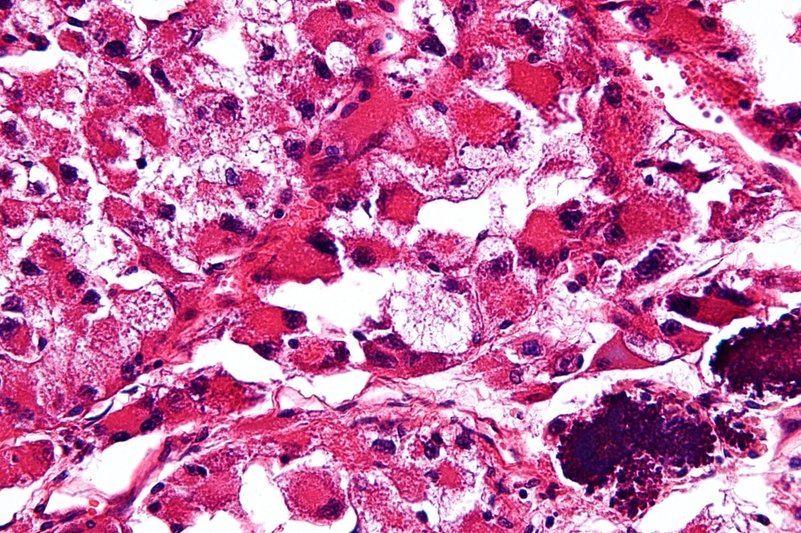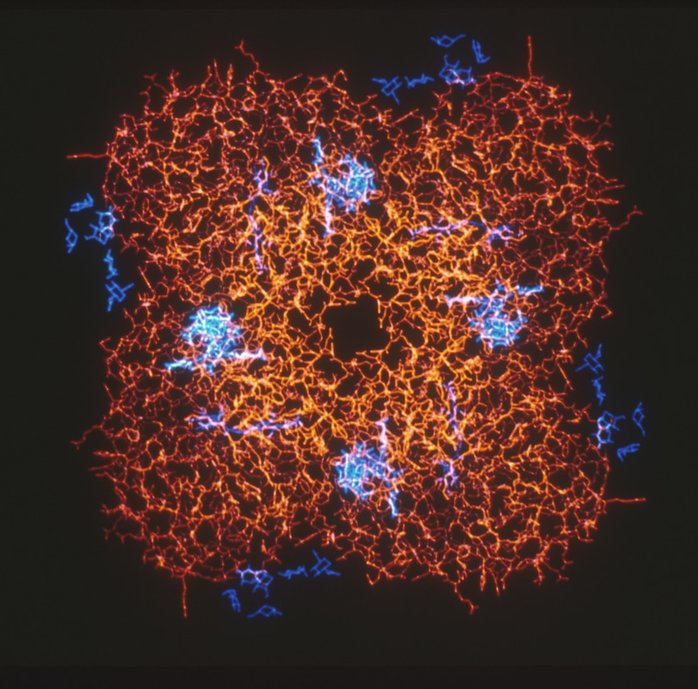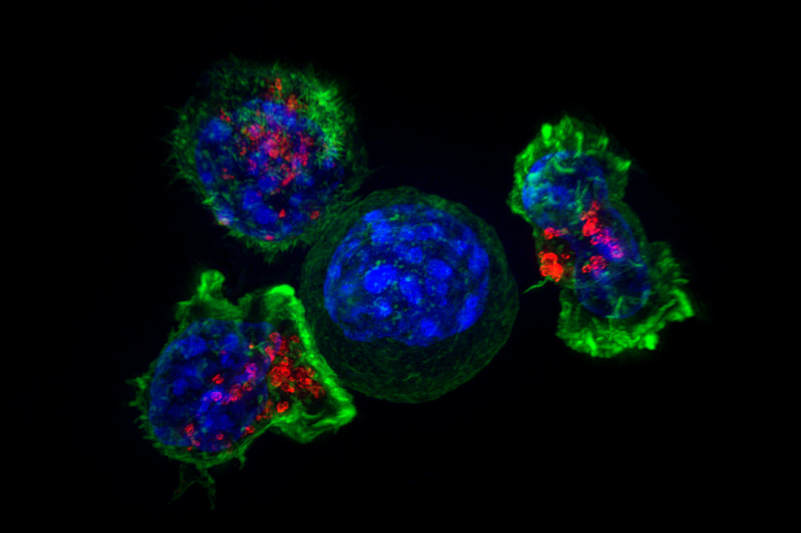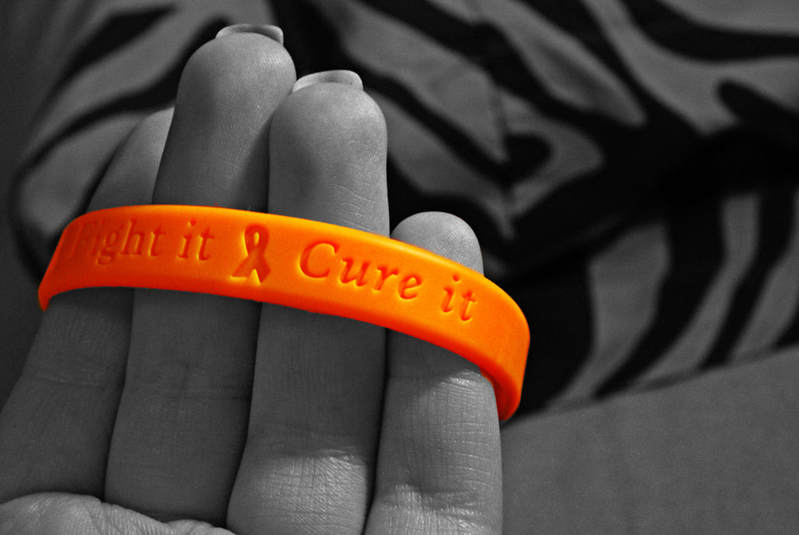Finding Cancer's Weak Spot
Despite constant advances in technology and medicine of the modern era, the lives of many are still disturbed by “the emperor of maladies,” cancer. This abnormal division of cells usually results in lethal tumor cells and, as a result, draws substantial attention from researchers. In fact, according to a recent study by the Washington University School of Medicine, a possible new treatment for cancer may be on its way: starvation of tumor cells.
The study focused primarily on sarcoma cells. Sarcomas are cancers of bone, muscle, fat, and cartilage. These types of cancer cells do not currently have many effective treatments available. Sarcoma cells, like all other cells, require certain materials to stay alive. About 90% of sarcoma cells require arginine, one of many amino acids needed to make the proteins that allow cells to function. It is found in large amounts in the blood outside of cells, so sarcoma cells often have no trouble obtaining these materials needed for growth. However, Brian A. Van Tine, MD, PhD, from the Washington University School of Medicine suggested that without an external supply of arginine, tumor cells would begin the process of autophagy, in which the cell slowly degrades itself while looking for alternative methods of survival.
The study focused primarily on sarcoma cells. Sarcomas are cancers of bone, muscle, fat, and cartilage. These types of cancer cells do not currently have many effective treatments available. Sarcoma cells, like all other cells, require certain materials to stay alive. About 90% of sarcoma cells require arginine, one of many amino acids needed to make the proteins that allow cells to function. It is found in large amounts in the blood outside of cells, so sarcoma cells often have no trouble obtaining these materials needed for growth. However, Brian A. Van Tine, MD, PhD, from the Washington University School of Medicine suggested that without an external supply of arginine, tumor cells would begin the process of autophagy, in which the cell slowly degrades itself while looking for alternative methods of survival.
If depleting the blood of arginine could lead tumor cells to self-destruct, could it be a viable cure for cancer? It is definitely plausible; especially since unlike many other current treatments, depleting the blood of arginine would target only tumor cells and not affect healthy cells. Despite this benefit, because of the tumor cells’ fail-safes mentioned previously, treatment should also include a mechanism that targets the alternative processes that allow tumor cells to continue surviving when they are deprived of their main component for survival. Considering this knowledge, Van Tine and his colleagues found that when the tumor cells lost access to arginine, they switched from burning glucose for energy to burning glutamine for energy. Consequently, they found that a drug that inhibited the breakdown of glutamine killed tumor cells.
Therefore, an effective treatment for sarcomas would have to consist of two elements:
Van Tine and his colleagues currently have ongoing clinical trials for an arginine-depleting drug and will begin adding on compounds that target the other mechanisms of survival for tumor cells. The effect of arginine depletion is seen not only in sarcomas but also in other types of cancers such as those of the bone, brain, lung, breast, and colon. These new developments in finding the weak spots of cancer cells could lead to revolutionary new treatments with fewer side effects and more effective results.
Therefore, an effective treatment for sarcomas would have to consist of two elements:
- A drug that depletes arginine supply in the blood.
- A drug that prevents tumor cells from accessing backup power sources in the absence of arginine.
Van Tine and his colleagues currently have ongoing clinical trials for an arginine-depleting drug and will begin adding on compounds that target the other mechanisms of survival for tumor cells. The effect of arginine depletion is seen not only in sarcomas but also in other types of cancers such as those of the bone, brain, lung, breast, and colon. These new developments in finding the weak spots of cancer cells could lead to revolutionary new treatments with fewer side effects and more effective results.
Featured Image Source: "Alveolar soft part sarcoma - very high mag" by Nephron is licensed under CC BY-SA 3.0
RELATED ARTICLES
|
Vertical Divider
|
Vertical Divider
|
Vertical Divider
|






